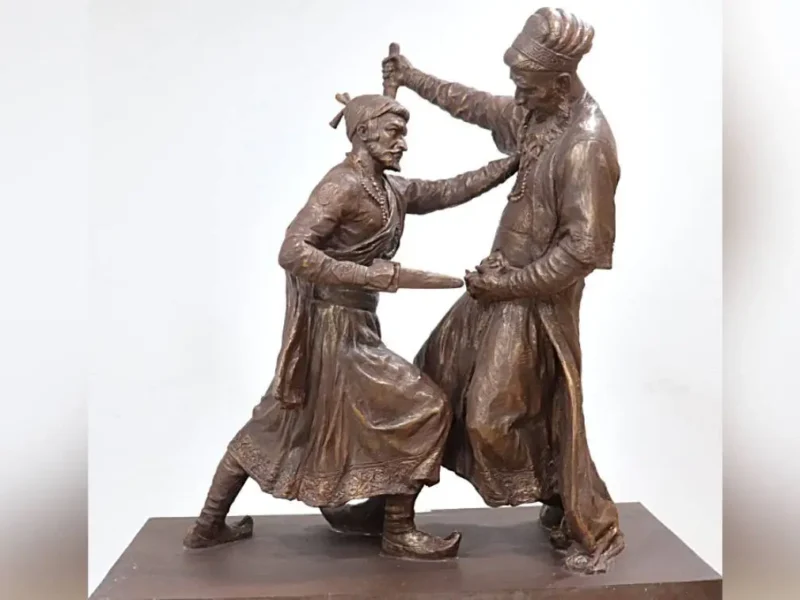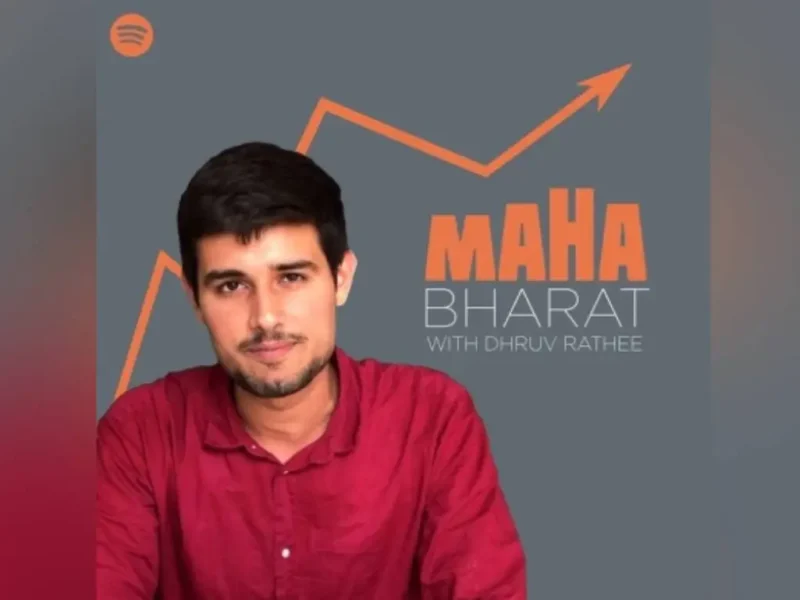
Mumbai Doctor Recounts Harrowing Covid-19 Surge
Pradip Salave Shramajeevi, a healthcare worker, checks on his patients inside a school which has been converted into a Covid-19 care facility on June 15, 2021 in in Usgaon Village on the outskirts of Mumbai, India. (Fariha Farooqui/Getty Images)
By RAJANISH KAKADE/Associated Press
MUMBAI — Dr. Kedar Toraskar hasn’t been able to sleep much over the last few months. His mind would constantly turn to the young COVID-19 patients fighting for their lives in the ICU ward he oversees at Wockhardt Hospital in the western Indian city of Mumbai.
The recent coronavirus surge in India affected young people on a scale his team of critical care doctors hadn’t previously seen, Toraskar said. “We saw a lot of deaths, a lot of young people who succumbed to the disease,” he said. “It was really, truly very depressing.”
India is slowly emerging from the darkest days of the pandemic. After declining last year, cases began surging in March, surpassing 400,000 new infections per day in May. The impact was immediate — hospitals were overwhelmed with patients struggling to breathe.
Demand for oxygen outran supply. Television news ran stories of patients dying on stretchers waiting outside hospital gates and dying at home before test results could even confirm they had caught the virus. The country’s health infrastructure collapsed.
New cases are now declining, but the toll wrought by the pandemic on doctors, nurses and other front-line workers is still emerging.
More than 700 doctors lost their lives in the latest surge, the Indian Medical Association said last week.
With more than 29 million cases, India has the second-highest number after the United States. Deaths exceed 379,000. Experts believe both numbers are undercounts.
Cases are now falling in Mumbai, once one of the hardest-hit areas, spurring authorities to slowly reopen the city of over 20 million.
But Toraskar and his team of ICU doctors are still drained from the incredibly challenging last few months. They worked 14 hours at a stretch on most days. At times, the hospital ran out of beds. “Some of our own relatives couldn’t get a bed in our ICU,” he said.
Yet along with deaths and tragedy, the latest barrage of infections helped destigmatize the virus, Toraskar said. Many Indians have feared getting tested or seeking treatment, worried they would be ostracized by their communities. But this is slowly changing. “People have realized just how difficult it is to be a COVID-19 patient and the hardships families face,” Toraskar said.
And while every death in their ICU left an indelible mark, so has every recovery. “That’s what keeps you going. And the hope that this pandemic is over soon,” he said.
See AP photos here: https://bit.ly/35AayOo




